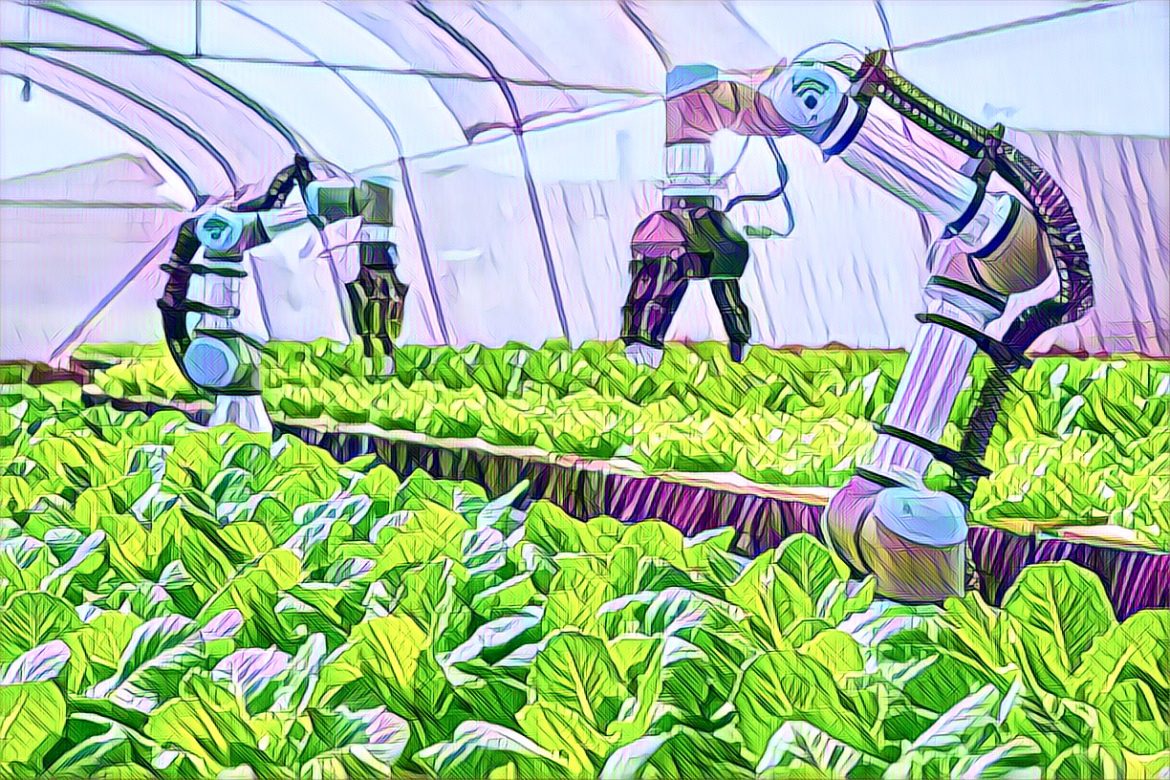In a groundbreaking move to transform Nigeria’s agricultural sector, the Federal Ministry of Agriculture and Food Security (FMAFS) has teamed up with the National Agency for Science and Engineering Infrastructure (NASENI) to form a technical committee. This initiative, unveiled yesterday in Abuja, aims to accelerate the adoption of innovative technologies to significantly enhance food production across the nation.
Temitope Peter Fashedemi, the Permanent Secretary of the Ministry of Agriculture and Food Security, at the commissioning event, emphasized the timeliness of this collaboration. He noted that in a world increasingly driven by technology and innovation, this partnership is critical for achieving the current administration’s goals of food security, job creation, and industrialization.
The National Agriculture Technology and Innovation Plan (2022-2027), which underpins this initiative, focuses on 10 key thematic areas. These include fostering synergy among stakeholders, knowledge creation and transfer, rapid mechanization, the establishment of an agricultural development fund, revitalization of extension service delivery, and livestock development.
Fashedemi highlighted that the technical committee consists of Directors from various departments within the Ministry, including Agriculture, Animal Husbandry Services, Rural Development, Agricultural Land and Climate Change Management Services, Fisheries and Aquaculture, Planning and Policy Coordination. It also includes the Executive Secretary of the Agricultural Research Council of Nigeria and representatives from NASENI.
The Permanent Secretary tasked the committee members with redefining and repositioning the agricultural sector through innovation, aligning with the President’s 8-point agenda. This initiative is seen as a strategic move to modernize agriculture in Nigeria, moving away from traditional practices to more efficient, technology-driven methods.
Responding on behalf of the committee, Garba Abdullahi, Director of the Federal Department of Agriculture in the Ministry, assured that the team would work diligently towards fulfilling its mandate. He underscored the commitment to achieving food and nutrition security, a fundamental aspect of the nation’s overall wellbeing.
This collaboration between FMAFS and NASENI is a significant step towards harnessing science and engineering to address some of the most pressing challenges in Nigeria’s agricultural sector. It aims to bring about a paradigm shift in agricultural practices, leveraging technology for improved productivity, sustainability, and economic growth.
The move is particularly pertinent in the context of Nigeria’s growing population and the corresponding need for increased food production. By integrating advanced technologies in agriculture, the committee aims to enhance yield, improve crop quality, and ensure a more efficient and sustainable use of resources.
This initiative also aligns with global trends where agriculture is increasingly being supported by technological innovations, including artificial intelligence, robotics, and precision farming. Such technologies can lead to more predictable farming outcomes, reduced environmental impact, and better resource management.
The success of this initiative could set a precedent for other African nations, showcasing how technology and innovation can drive agricultural transformation in developing countries. It reflects a growing recognition of the need for a holistic approach to agricultural development, one that combines policy support, technological innovation, and capacity building.
As this initiative unfolds, it promises not only to revolutionize agriculture in Nigeria but also to contribute significantly to the nation’s economy. By improving food security and creating job opportunities, it has the potential to uplift communities and contribute to national development.
The partnership between FMAFS and NASENI is a testament to Nigeria’s commitment to embracing innovation for sustainable development. It highlights the role of government agencies in fostering an environment conducive to technological advancement and economic growth.


